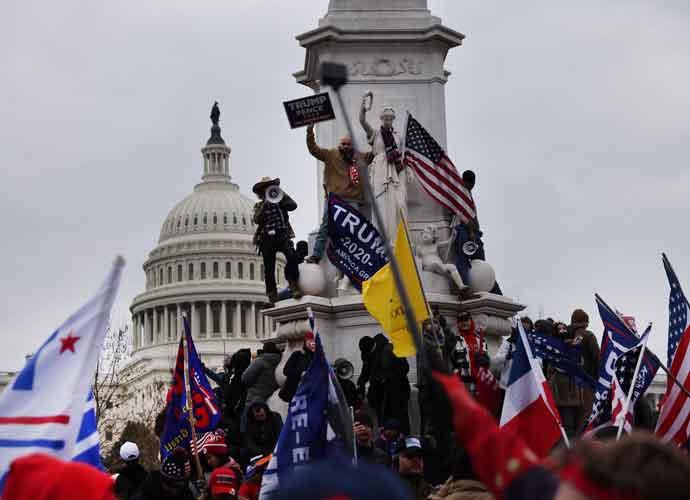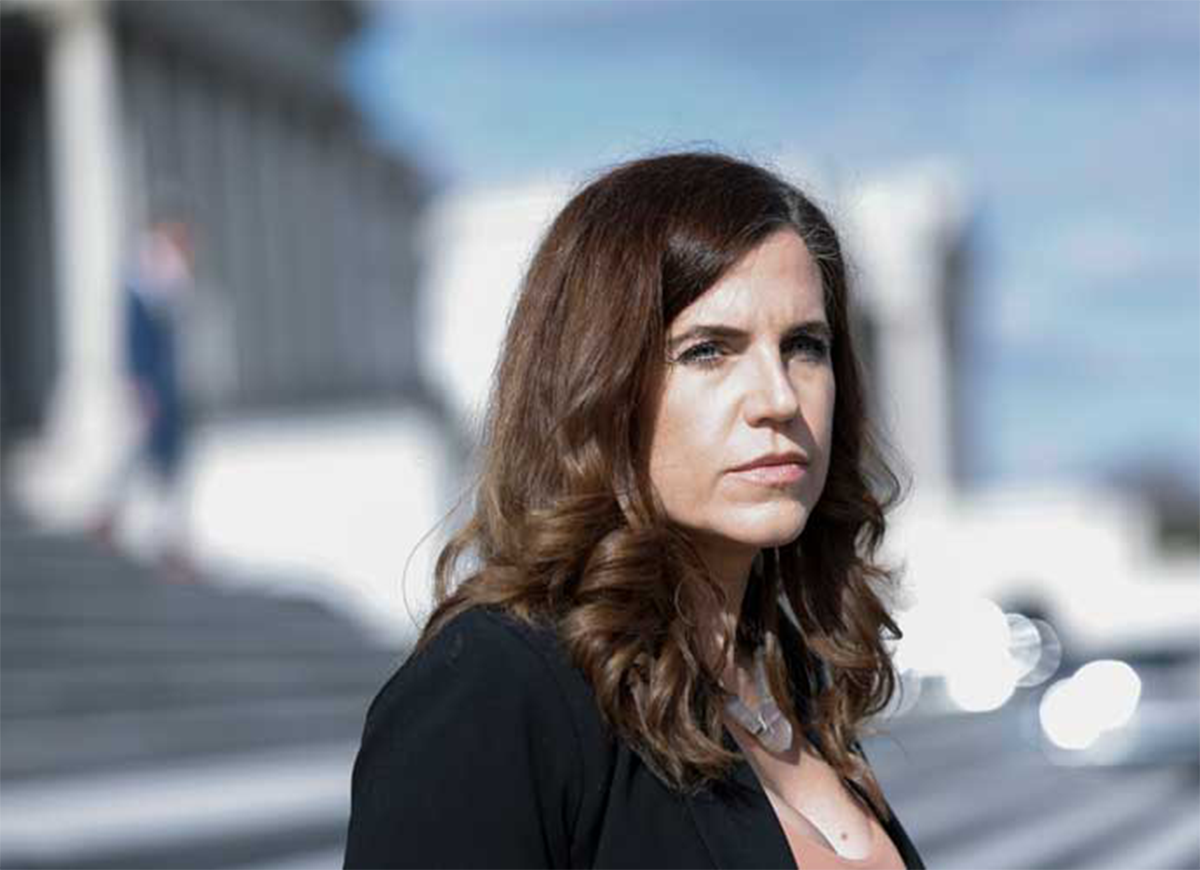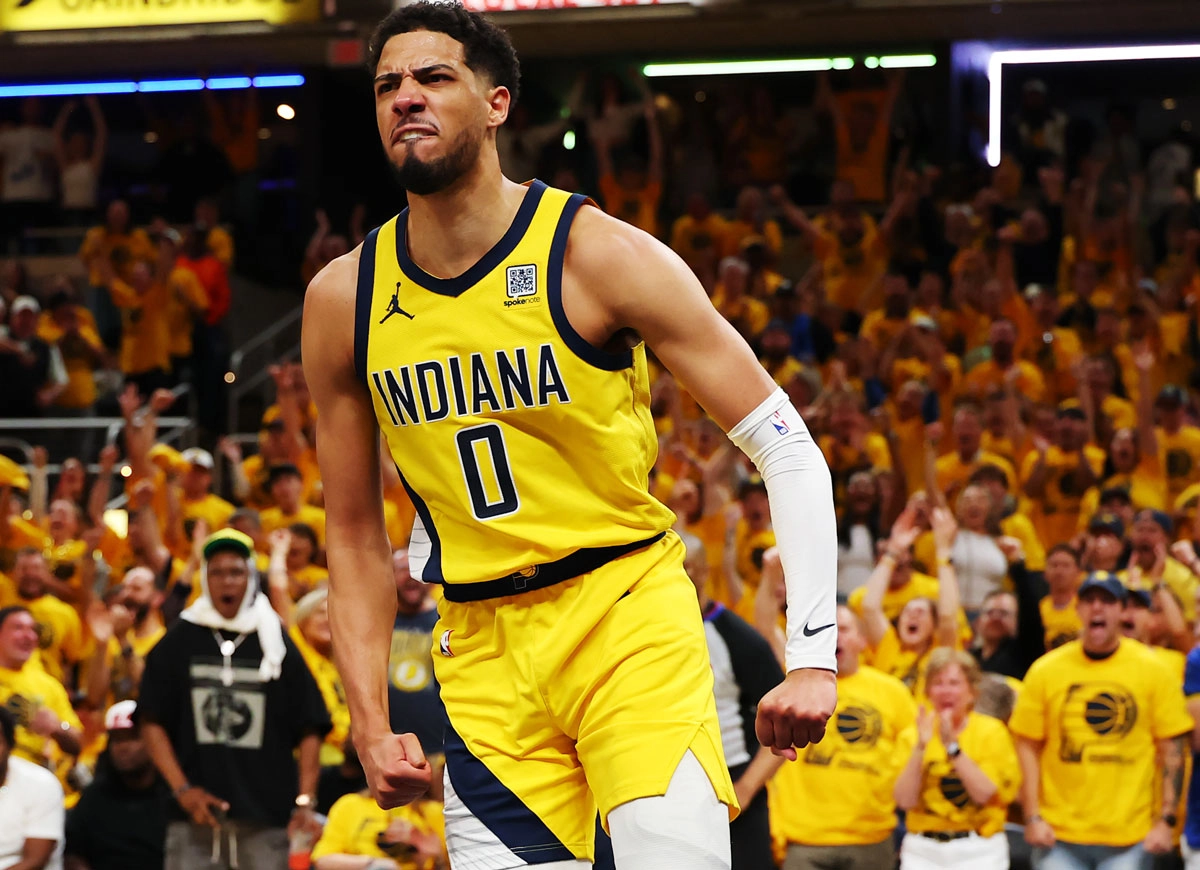Supreme Court Rules In Favor Of Jan. 6 Defendant, Endangering Many Cases Against Capitol Rioters
On Friday, the Supreme Court ruled in favor of Jan. 6 defendant Joseph Fischer in a closely watched case. Fischer was charged with obstructing an official proceeding related to efforts to stop Congress from certifying President Joe Biden‘s election victory – a charge that former President Donald Trump also faces in his election interference case.
The court concluded that the federal statute used by the Justice Department against Fischer was intended only for specific cases of evidence tampering, not the broader situations that prosecutors claimed it covered.
Friday’s decision sends the case back to the lower courts to determine if the Justice Department can still prosecute Fischer under the new interpretation of the law.
Chief Justice John Roberts, in the majority opinion, wrote that the government’s interpretation of the law “defies the most plausible understanding” of the statute.
Subscribe to our free weekly newsletter!
A week of political news in your in-box.
We find the news you need to know, so you don't have to.
The law, enacted in 2002 as part of the Sarbanes-Oxley Act following the Enron accounting scandal, targets anyone who “obstructs, influences or impedes any official proceeding, or attempts to do so,” with penalties of up to 20 years.
However, the court determined that its scope is limited by a preceding sentence in the statute that specifically refers to altering or destroying records.
Roberts argued that the Justice Department’s interpretation of the law would “criminalize a broad swath of prosaic conduct, exposing activists and lobbyists alike to decades in prison.”
Roberts wrote that to prove a violation, prosecutors must now show that the defendant “impaired the availability or integrity for use in an official proceeding of records, documents, objects, or…other things used in the proceeding.”
Fischer, a former police officer in North Cornwall Township, Pennslyvania, faces seven criminal charges for his involvement in the Jan. 6 Capitol riots, with only one being the focus of the Supreme Court case.
Even if the obstruction charge is ultimately dismissed, the other charges, such as assaulting a police officer and entering a restricted building, will still stand.
Justice Amy Coney Barrett dissented, joining the court’s two liberal justices. She argued that since no one disputes that the joint session was an official proceeding, the question of whether Fischer can be prosecuted “seems open and shut.”
She added that the court “has failed to respect the prerogatives of the political branches” in ruling against prosecutors,” and that the majority “simply cannot believe that Congress meant what it said,” when writing a broad statute intended to cover a lot of different conduct.
Attorney General Merrick Garland expressed disappointment with the decision, noting its impact on the Justice Department’s other Jan. 6 cases, but emphasized that it would not affect the majority of them.
The ruling “limits an important federal statute that the department has sought to use to ensure that those most responsible for the attack face appropriate consequences,” said Garland.
Trump, however, celebrated the decision, telling supporters at a Friday rally in Chesapeake, Virginia, “They’ve been waiting for this decision for a long time…and that was a great answer. That was a great thing for people who have been so horribly treated.”
The ruling may not impact Trump’s case, as prosecutors have indicated that even if Fischer wins, Trump’s actions could still fall under a narrower interpretation of the statute.
Get the most-revealing celebrity conversations with the uInterview podcast!






Leave a comment